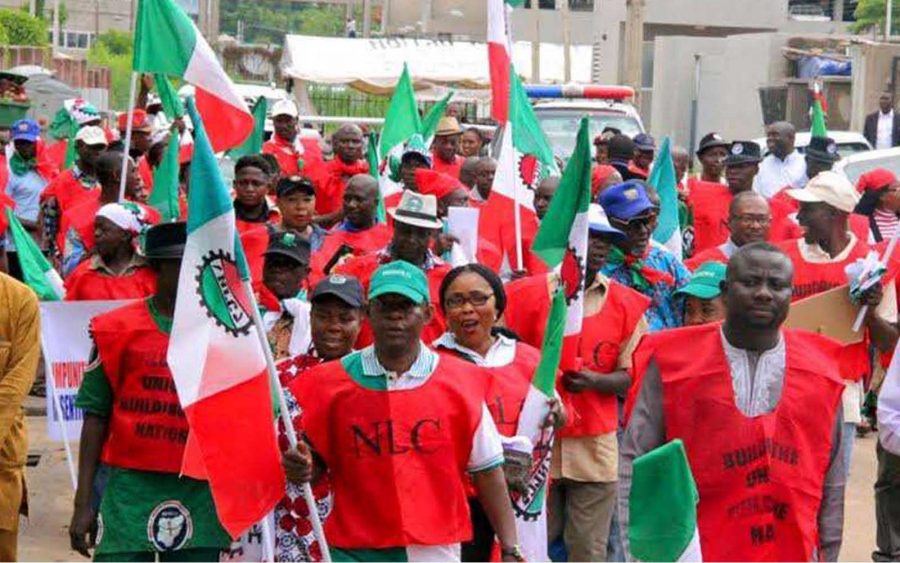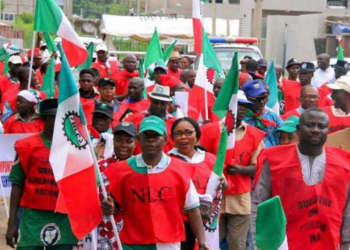Recently, the age-long battle between the Nigerian Government and the Labour Unions played out with a declaration of an indefinite strike action in response to the Government’s failure to favourably review Nigeria’s minimum wage (currently ₦18,000 per month, approximately $50 per month).
Many workers familiar with these scenarios expected a total downing of tools, resulting in a drawn-out battle between Government and the Unions that would only end when the nation could no longer bear the effects of the near total suspension of economic activities.
Quite surprisingly, the strike was largely ignored by many associated unions, particularly the heavyweights – Nigeria’s oil unions and the general private sector. The Government also quickly asked the labour unions to return to the negotiation table with a promise to “make the Nigerian worker smile”. The strike barely lasted a week and the impact was less visible than many expected.
With an expected fiercely-contested re-election barely six months away, Government’s willingness to engage in negotiations is quite understandable. What is less clear to many is the unwillingness of many labour unions to embark on an industrial action over the issue.
The International Labour Organisation (ILO) defines minimum wage as one that ensures workers (and in some cases, their families) will receive a basic minimum income which enables them to meet their needs (and those of their families).
At ₦18,000 per month, for a country with a minimum living cost of ₦40,100 and ₦131,700 per month for individuals and families respectively (tradingeconomics.com), Nigeria’s minimum wage does not meet the ILO’s definition of an acceptable minimum wage. Also, at $50 per month, most workers earning the minimum wage can be expected to sit well below the United Nation’s set poverty standard of $1.08 dollars per day if they have a household with more than one dependent.
While the labour unions’ clamour for a significant increase in the minimum wage is well justified given the cost of living and poverty standards, a negotiation by Government which leads to more taxpayers money being channelled into increasing workers’ wages without an enforceable action plan to increase productivity of the public service is unjustifiable and does not deliver value-for-money to taxpayers.
The public service is not only known for its poor wages, but it is also known for its low productivity. A quick review of BudgIT’s 2017 State of States report shows that all states fall below international standard in terms of human capital and other development indices (health, education, life expectancy & ease of doing business). While the productivity level of the public service may not be solely to blame for these issues, it does play a significant role in these indices.
Interestingly, most of these states also have public service wage bill which is over 200% of their internally generated revenue and sometimes as high as 60% of their total revenue (internally generated plus federal allocation).
With such a significant amount of state resource devoted to the running of the public service, it is understandable that there is huge expectation that the public service will drive development in these states by improving service delivery to enable the other sectors to thrive well.
With the development of the nation at stake, the Government must not short-change taxpayers and trade away development of the country, by agreeing to a wage increase without setting out enforceable actions at improving productivity in the public service.
This article was contributed by Akintade Rotimi





















